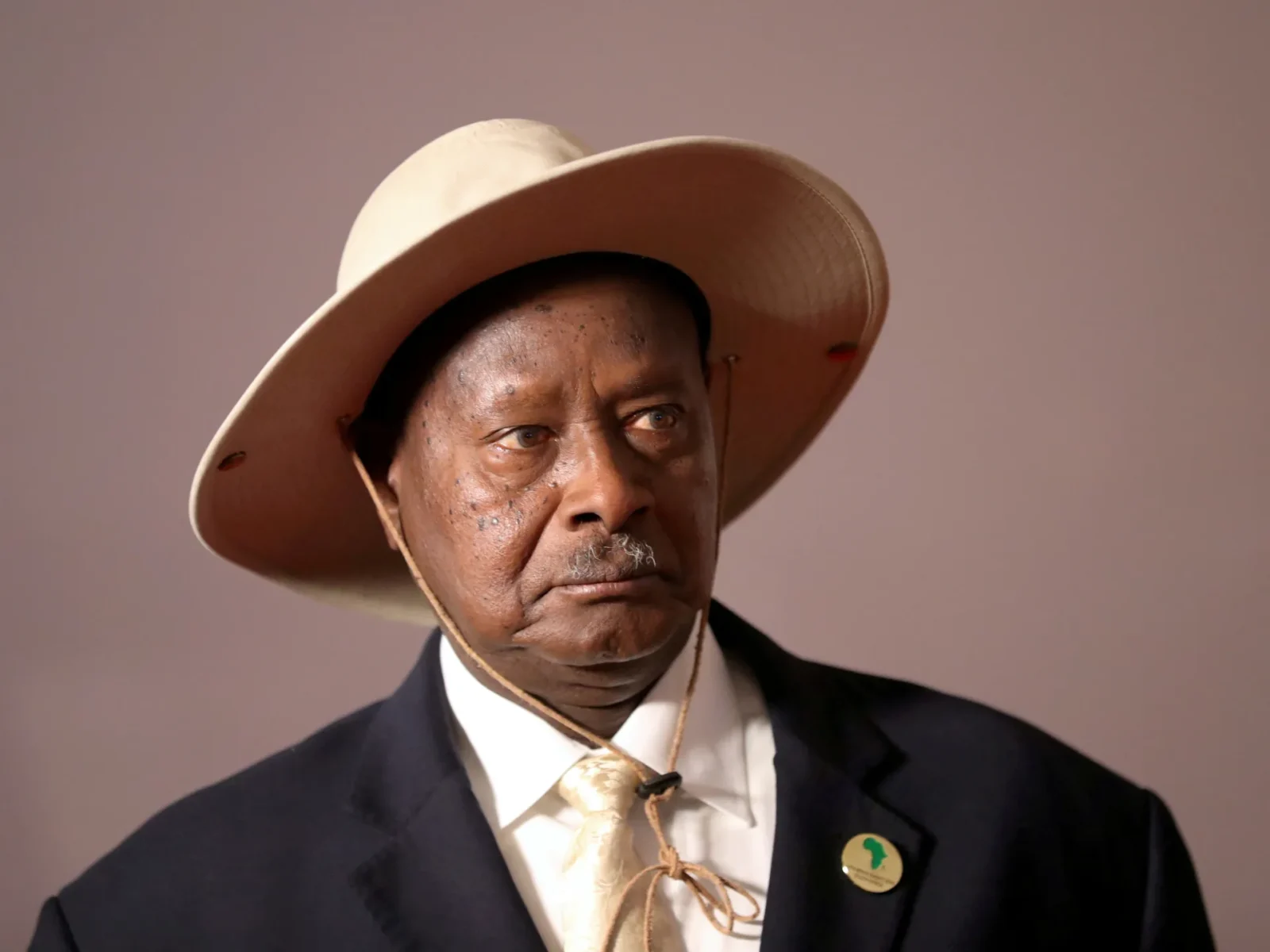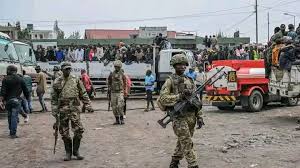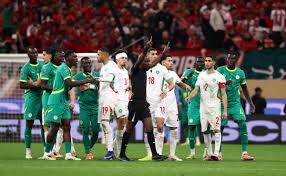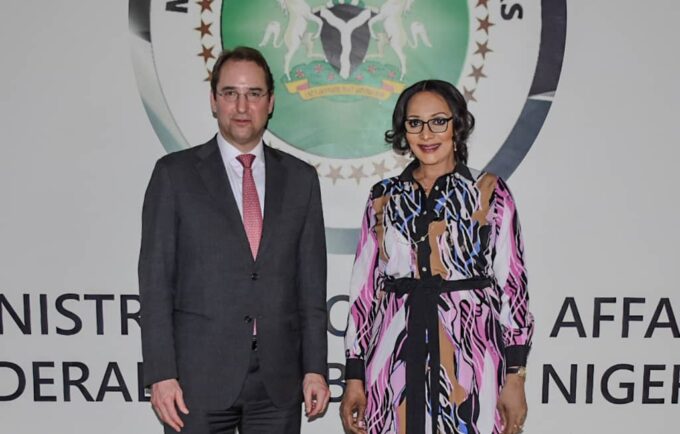Uganda’s President Yoweri Museveni has officially declared his intention to run in the country’s 2026 presidential election, potentially extending his nearly four-decade rule. The 80-year-old leader confirmed on Saturday evening that he had submitted his interest in becoming the presidential flag bearer for the ruling National Resistance Movement (NRM) party, solidifying months of speculation about his political future.
Museveni, who seized power in 1986 after leading a protracted five-year guerrilla war, is one of Africa’s longest-serving leaders. During his tenure, he has overseen significant changes to Uganda’s constitution most notably the removal of presidential term limits in 2005 and age limits in 2017 measures that cleared the path for indefinite re-election bids.
In his announcement, Museveni stated that his motivation for seeking re-election is to transform Uganda into a “$500 billion economy in the next five years,” despite the country’s current GDP standing at under $66 billion, according to the latest government statistics. He said he intends to expand economic growth through industrialization, infrastructure development, and agricultural modernization.
However, Museveni’s long grip on power has drawn increasing criticism both locally and internationally. Human rights organisations have consistently accused his administration of using state machinery including security forces, patronage networks, and media control, to suppress dissent, silence opposition, and intimidate political opponents. Museveni denies these accusations, maintaining that his government upholds democratic values and national security.
Ugandans are expected to vote in January 2026 to elect a president and members of parliament. Opposition forces are already rallying, with Robert Kyagulanyi popularly known as Bobi Wine, confirming his candidacy. Wine, a former musician turned prominent political figure, ran against Museveni in the 2021 general election and strongly contested the results, citing widespread electoral fraud, voter intimidation, and the brutal suppression of his supporters by state security forces.
Tensions have been further inflamed by the recent passage of a controversial law allowing military courts to try civilians a practice the Ugandan Supreme Court previously ruled unconstitutional. The government argues the legislation is necessary to address growing threats to national security, but critics say it is yet another tool to stifle free speech and crush political dissent.
Human Rights Watch (HRW) and other rights groups have condemned Uganda’s use of military tribunals against civilians, labeling them as biased and lacking judicial independence. HRW’s senior Africa researcher, Oryem Nyeko, recently stated that “the Ugandan authorities have for years misused military courts to crack down on opponents and critics.”
Bobi Wine himself has been a target of this judicial strategy. In 2018, he was charged in a military court with illegal possession of firearms charges that were later dropped. He remains a vocal critic of the Museveni regime and has vowed to continue fighting for democratic reforms and youth empowerment.
As Uganda heads into a heated election season, the political atmosphere remains tense. With Museveni’s re-election bid confirmed, eyes across Africa and the international community will be closely watching whether Uganda’s democracy can withstand mounting pressure and deliver a free and fair electoral process in 2026.














Leave a comment